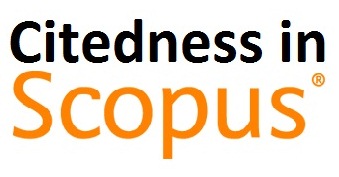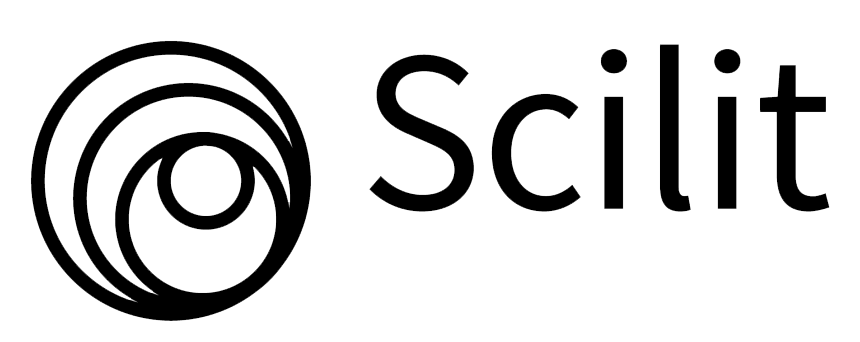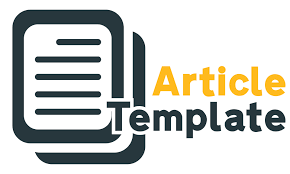Publication Ethics
Publication Ethics
TIERS Information Technology Journal is committed to maintaining high standards of publication ethics and actively combats publication malpractice. By submitting papers, authors attest that their work is original, unpublished, and not under consideration elsewhere. They also confirm that the work is their own, free from plagiarism, and that any potential conflicts of interest have been disclosed.
Duties of the Editor
Publication Decisions
The editor is responsible for deciding which submissions will be published, guided by the editorial board's policies and legal requirements regarding libel, copyright, and plagiarism. The editor may consult with reviewers and other editors during the decision-making process.
Fair Play
Manuscripts are evaluated based solely on intellectual merit, without regard to the author's race, gender, sexual orientation, religious beliefs, ethnicity, nationality, or political views.
Confidentiality
All submissions are treated confidentially and only shared with relevant parties such as authors, reviewers, editorial board members, and the publisher.
Conflicts of Interest
Unpublished material disclosed in submissions must not be used in an editor's own research without the author's explicit written consent.
Duties of Authors
Reporting Standards
Authors must provide an accurate account of their research, including sufficient detail and references to allow replication. Fraudulent or knowingly inaccurate statements are considered unethical.
Data Access and Retention
Authors may be asked to provide raw data for editorial review and should be prepared to make it publicly available where possible, as well as retain it for a reasonable period after publication.
Originality and Plagiarism
Authors must ensure their work is entirely original and properly cite or quote others' work when applicable.
Multiple, Redundant, or Concurrent Publication
Authors should not submit the same research to more than one journal or primary publication at the same time.
Acknowledgement of Sources
Proper acknowledgment must be given to the work of others that has influenced the reported research.
Authorship of the Paper
Only those who have made significant contributions to the conception, design, execution, or interpretation of the study should be listed as authors. All co-authors must approve the final version and agree to its submission.
Hazards and Human or Animal Subjects
Any research involving hazards, chemicals, procedures, or equipment with unusual risks must clearly identify these in the manuscript.
Conflicts of Interest
Authors must disclose any financial or substantive conflicts of interest that could influence the results or interpretation of their work. All sources of financial support must be disclosed.
Fundamental Errors in Published Works
When an author discovers a significant error or inaccuracy in their published work, they must promptly notify the journal's editor or publisher and cooperate to correct or retract the paper.
Duties of Reviewers
Contribution to Editorial Decisions
Reviewers assist the editor in making editorial decisions and may also help the author improve their manuscript through feedback.
Promptness
If a reviewer feels unqualified to review a submission or is unable to provide a timely review, they should notify the editor and withdraw from the review process.
Confidentiality
Manuscripts received for review must be treated as confidential and should not be shared with others without the editor's permission.
Standards of Objectivity
Reviews should be conducted objectively. Personal criticism of the author is inappropriate, and opinions must be backed by logical arguments.
Acknowledgement of Sources
Reviewers should identify any relevant published work that the authors have not cited. Any observation or claim that has been previously reported should be supported with proper citation.
Conflicts of Interest
Reviewers must disclose any conflicts of interest and should not review manuscripts where such conflicts exist. Privileged information obtained during peer review must be kept confidential and not used for personal gain.

















